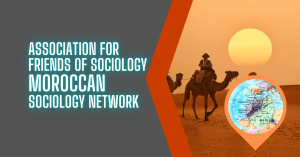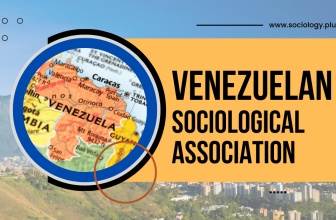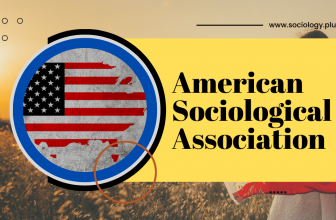History of Sociology and Association for Friends of Sociology Moroccan Sociology Network (AFSMN)
Association for Friends of Sociology Moroccan Sociology Network is Morocco’s officially recognized national sociological organization. In 2016, AFSMN was established and enrolled in ISA. Sociology and the social sciences, in general, were introduced to the region from Turkey to Morocco during the colonial era via the transmission of European concepts and techniques. The Maghreb area of North Africa’s Kingdom of Morocco and sociology conflict with one another in the previous century. Only in the last ten years has Moroccan sociology seen a revival.
Activities of Association for Friends of Sociology Moroccan Sociology Network
- The People of Moroccan Association for the Improvement of Education Quality, or AMAQUEN, is what AFSMN seeks to collaborate with.
- AFSMN organizes conferences, round tables, seminars, and other events to advance Morocco’s Berber language and culture and produces publications in this spirit.
- In sociological research and social studies, the group collaborates with the Moroccan Association for Research and Ethics.
- Moroccan history and Islamic studies are crucial to the study of Moroccan society.
Famous sociologists of Morocco
- Soumaya Naamane Guessous
- Mahdi Elmandjra
- Abdelkebir Khatibi
- Sanaa El Aji
- Mohamed Guessous
- Fatema Mernissi
- Mohamed Ouzzine
- Paul Pascon
- Mohamed Cherkaoui
- Aicha Belarbi
Abuse of sociology by colonial forces in Morocco in the last century
The ease with which Morocco was colonized was greatly influenced by sociology. France attempted to exert control over Moroccan tribes and cities by using its experience as a colonial power in Algeria. French sociologists studied the functioning of traditional institutions, intending to convert them into institutions that would serve the French suzerainty and ensure their compliance.
After World War II, Robert Montagne, an innovative colonial sociologist in Morocco, undertook the first sociological study of relocation from the countryside in response to internal migration. The main goal of the research was to comprehend the new social class created by colonial industrialization and modernization with a single, apparent ideological plan: how to turn this new social force into a colonialism ally and leverage it in conflict with emancipation aspirations.
After independence, Moroccan authorities adopted a critical position and outlawed the discipline from colleges in 1970. Before independence, the field of sociology in Morocco had only been the province of colonialists.
International collaborations and outreach of Association for Friends of Sociology Moroccan Sociology Network
ISA membership of AFSMN
Moroccan sociologists have improved African societies via their work as International Sociological Association members and contributors to the field of sociology.
Studies of Westermarck about Moroccan society
To link Moroccans and Finns, Westermarck attempted to do so, and his research is regarded as necessary in Moroccan sociology.






